CSA Spotlight: H.R. 662
Energy independence is fundamental to America’s economic security and resilience. Yet, barriers within the tax code continue to hinder the growth of the domestic energy sector. House Bill H.R. 662, known as the Promoting Domestic Energy Production Act, is a critical piece of legislation designed to address these challenges. By reducing financial barriers, this bill supports innovation, investment, and the long-term goal of securing the nation’s energy future. Here’s an update on its status and how you can help.
Current Status of H.R. 662
H.R. 662 has been introduced in the House of Representatives by Congressman Mike Carey and referred to the House Committee on Ways and Means. As it progresses through Congress, it presents a pivotal opportunity to address the inequities in the tax code that disproportionately affect the energy sector. Its approval would mark a significant victory in the effort to promote domestic energy independence.
The Case for H.R. 662: Tackling Tax Code Challenges
At the center of this legislation is the issue of intangible drilling and development costs (IDCs). These costs, which include critical expenses such as labor, repairs, and supplies, are essential for exploring and developing oil and gas resources. Under current tax laws, energy companies are restricted in deducting these costs, unlike other industries that can fully account for similar expenses.
This disparity places an undue financial burden on energy companies, discourages investment, and reduces the viability of domestic energy projects, such as liquefied natural gas (LNG) facilities. H.R. 662 seeks to amend the Internal Revenue Code of 1986 to allow IDCs to be fully accounted for when computing adjusted financial statement income. This simple yet transformative change would:
- Boost Investment: Encourage funding for domestic energy projects, making them more financially sustainable.
- Promote Competitiveness: Level the playing field for the energy sector in comparison to other industries.
- Strengthen Energy Independence: Reduce reliance on foreign energy sources, ensuring a secure and stable energy supply.
A Call to Action
Advocacy is critical to ensure the passage of H.R. 662. Here’s how you can make an impact:
- Leverage Common Sense: As advocates for energy independence and economic stability, Common Sense America emphasizes practical solutions to address critical challenges. Supporting legislation like H.R. 662 exemplifies the group’s commitment to a balanced, results-oriented approach to policymaking.
- Engage with ACommonsenseAmerica.org: This platform is a hub for grassroots advocacy and education. By joining their efforts, you can help amplify the message about the importance of H.R. 662 and its role in advancing America’s energy future.
- Contact Lawmakers: Reach out to your representatives to express your support for H.R. 662. Personal emails, phone calls, and even letters make a powerful statement about the importance of this legislation.
- Educate Your Community: Share information about H.R. 662 and the critical need to address tax code barriers with your network. Use tools like social media, forums, or community meetings to broaden the conversation.
- Stay Informed and Involved: By following the updates on platforms like acommonsenseamerica.org, you can stay informed about advocacy efforts and legislative developments.
Common Sense Solutions for a Secure Energy Future
At its core, Common Sense America believes in empowering everyday Americans to push for practical policies that benefit the nation. Supporting the Promoting Domestic Energy Production Act is a step toward unleashing the full potential of U.S. energy resources, creating jobs, and ensuring long-term energy security.
Let’s work together to ensure that H.R. 662 crosses the finish line. Your voice matters in shaping a resilient, energy-independent America. Join the movement today and take action for a stronger, more self-reliant future.

